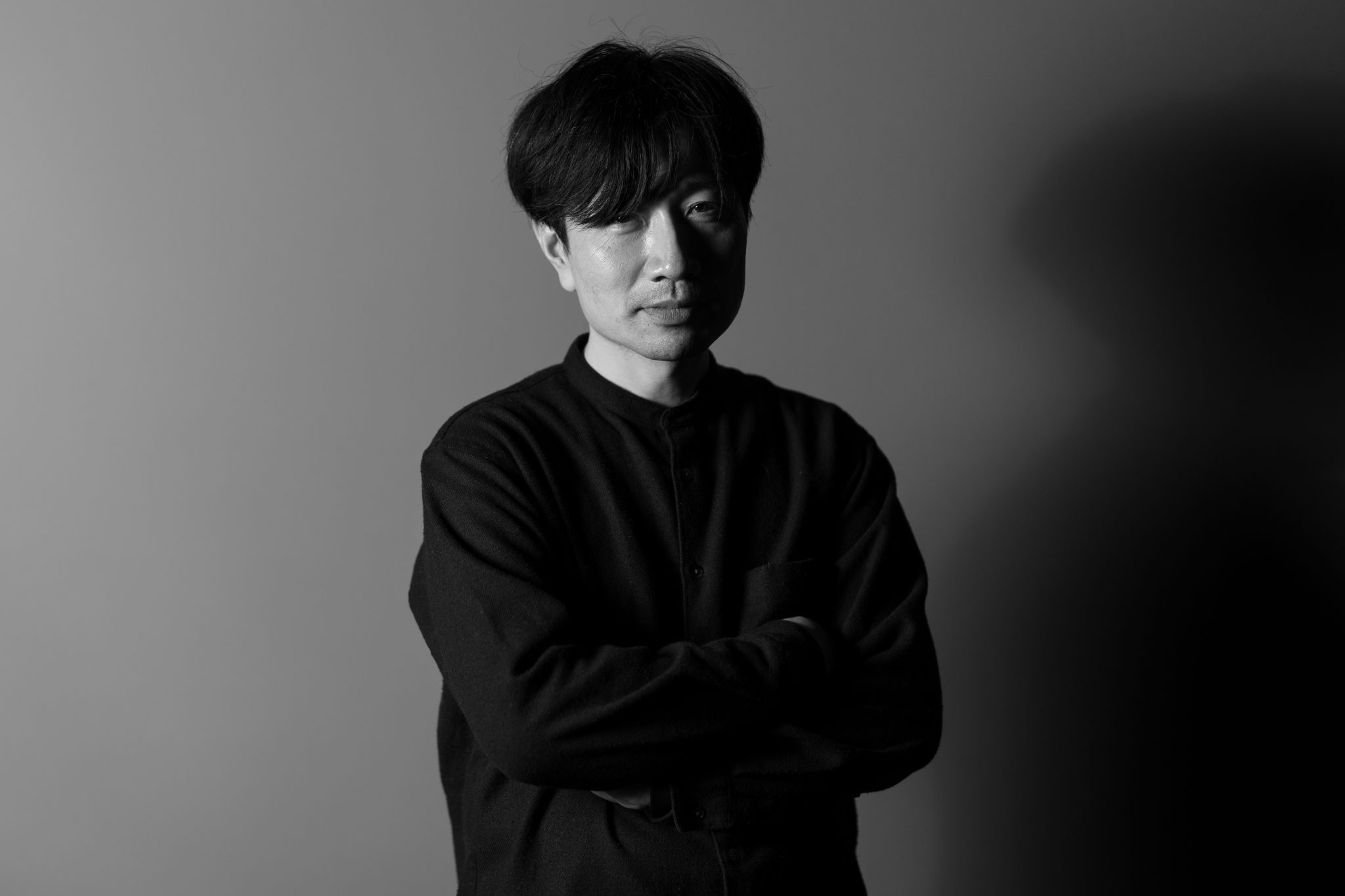Nobel symposium public lectures
May 30, 2025 @ 10:00 – 12:30 CEST
Welcome to attend the Nobel Symposium Public Lectures. Free entrance, no registration required. Read more about the prominent Speakers below.
”Can we bring back the woolly mammoth?”
Prof. Beth Shapiro, Colossal Bioscience, USA
”The taming of the horse”
Prof. Ludovic Orlando, Centre for Anthropobiology and Genomics of Toulouse, France
Date: May 30, 2025
Time: 10:00-12:30
Venue: Aula Magna, Stockholm University, Frescativägen 6, Stockholm
Organizers: Centre for Palaeogenetics, SciLifeLab Ancient DNA unit, Uppsala University Human Evolution research program
Beth Shapiro is an evolutionary biologist who specializes in the genetics of ice age animals and plants. As Professor of Ecology and Evolutionary Biology at UC Santa Cruz and HHMI Investigator, Beth uses DNA recovered from bones and other remains to study how species evolved through time and how human activities have affected and continue to affect this dynamic process. Her work focuses on organisms ranging from influenza to mammoths, asking questions about domestication, admixture, speciation, and pathogen evolution. Her current work develops techniques to recover increasingly trace amounts of DNA such as from environmental and forensic samples. A 2009 MacArthur Fellow, Beth is also an award-winning popular science author and communicator who uses her research as a platform to explore the potential of genomic technologies for conservation and medicine.
Ludovic is a former student from the Ecole Normale Supérieure of Lyon (1996-2000), one of the top-5 French universities. First trained as a molecular biologist, he soon became interested in applying computational techniques to DNA sequence data. He graduated in molecular genetics from the Univ of Lyon, France in 2003, twenty years after the first ancient DNA molecule was sequenced. He was appointed as a permanent Associate Professor at ENS Lyon, where he lectured and performed research between 2005 and 2010. He started his own research group in 2010 at the Centre for GeoGenetics, Univ of Copenhagen, Denmark, where he was appointed as a full Professor in ‘Molecular Archaeology’ until 2020. He became a CNRS research director in 2016. He founded the Centre for Anthropobiology and Genomics (CAGT) in 2020, and as acted as its director since. He is also the head of the AnimalFarm CNRS International Research Programme, grouping together 4 leading ancient DNA labs at Univ of Oxfort, Trinity College Dublin, and LMU Munich, all focused on the reconstruction of the domestication history of animal domestic species.
Amongst his early career achievements feature (1) the sequencing of the first Middle Pleistocene genome, (2) the characterization of the first ancient epigenome, and (3) the identification of the horse and donkey domestication homelands.
He has been part of several organizing and scientific boards of international meetings, including for the Society of Molecular Biology and Evolution, the International Symposium on Biomolecular Archaeology, the International Union for Quaternary Research and the International Union of the Protohistoric and Prehistoric Sciences. He has been an Academic Editor and/or Editor-in-Chief for multiple scientific journals, including PLoS One, Scientific Reports, Peer J and STAR. He published 200+ scientific research articles and several books. He took part of several national research committees, including for the French National Research Agency (ANR) (2012 and 2013), the ‘Institut Universitaire de France’ (2015 and 2016), INRAE Genomics (2020-) and the Scientific Advisory Board of France Génomique (2021-). His research has received multiple national and international funding, including from multiple Marie-Curie programmes, and two prestigious grants from the European Research Council (CoG PEGASUS, and SyG Horsepower). He was awarded the CNRS Silver Medal in 2023 « for the originality, quality, and importance of (his) work, which is recognised at national and international level.

